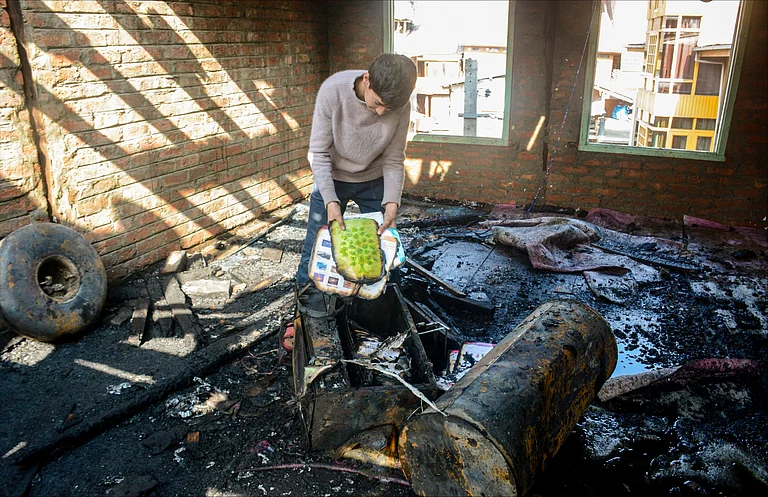Many Americans are tired of the tipping culture. A recent Bankrate survey revealed that nearly six in ten adults view tipping negatively, and 35% feel it has spiralled "out of control."
The frustration is understandable, especially with persistent inflation. Ted Rossman, a senior industry analyst at Bankrate, shared his experience: "People don't like the pre-entered tip prompts at food trucks and coffee shops. I was even asked to tip at a self-checkout machine at Newark Airport. There's been a lot of tip creep."
However, feeling tired of tipping doesn't mean you should skip it when professionals depend on tips to make a living. The survey showed that only 67% of respondents always tip in sit-down restaurants, down from 75% three years ago. "The federal minimum wage for tipped workers is $2.13 an hour," Rossman explains. "If you're not tipping in those scenarios, you're really taking money out of the server's pocket."
Etiquette experts say there are times when tipping is optional. Here are five situations where leaving a tip is entirely up to you.
1. When a plumber or repair technician visits
Tipping isn’t necessary for professionals with salaried positions or tradespeople, like doctors, lawyers, teachers, plumbers, or cable technicians. "Not only is it unexpected, but it would also be highly unorthodox and very awkward," says Thomas Farley, an etiquette expert known as Mister Manners. Additionally, in some cases, tipping could be seen as trying to gain favour or offer a bribe.
2. When making a purchase at a counter
Workers at counters typically earn a wage, unlike those who deliver food and depend on tips. Thus, tipping a cashier is not required, even if the payment tablet suggests otherwise. "When they turn that device around, people feel pressured to tip, but you don't have to," says Elaine Swann, a lifestyle and etiquette expert.
While some service industry workers argue that tips are crucial for their income, etiquette experts suggest that tipping at the counter should be at your discretion. A tip can be a nice gesture for exceptional service. "For instance, if you frequently visit the establishment and they have your order memorized," Swann explains.
3. When attending an event with an open bar
At events with an open bar, the host usually covers the tip for the bar staff. "That tip is included in what they've paid for the venue or bartending service," Swann says. While tipping is not obligatory, adding a few extra dollars can be appreciated and might improve your service.
4. When facing double-tipping or additional fees
You shouldn't have to tip twice for the same service. Swann mentions that some customers have tipped their nail technician only to be prompted to tip again at the counter. In cities with minimum wage requirements for tipped workers, some restaurants add a 20% service charge to the bill. In these cases, it's appropriate to ask where the fee goes. If it goes to the staff, your tipping obligation is fulfilled.
5. When dealing with poor service
You are not obligated to tip for poor service. For individual services like haircuts, this is straightforward. In restaurants, it’s more complex. Swann suggests a sliding scale, with 20% as the standard, and more for excellent service. Even for bad service, she advises not going lower than 10%, unless the server is clearly at fault.
If you had a bad interaction with a server, reducing their tip might be justified, but it's also good to inform management. "If you address management and then leave a lower tip, they'll understand your reason," Swann says.













.png?auto=format%2Ccompress&fit=max&format=webp&w=376&dpr=2.0)













